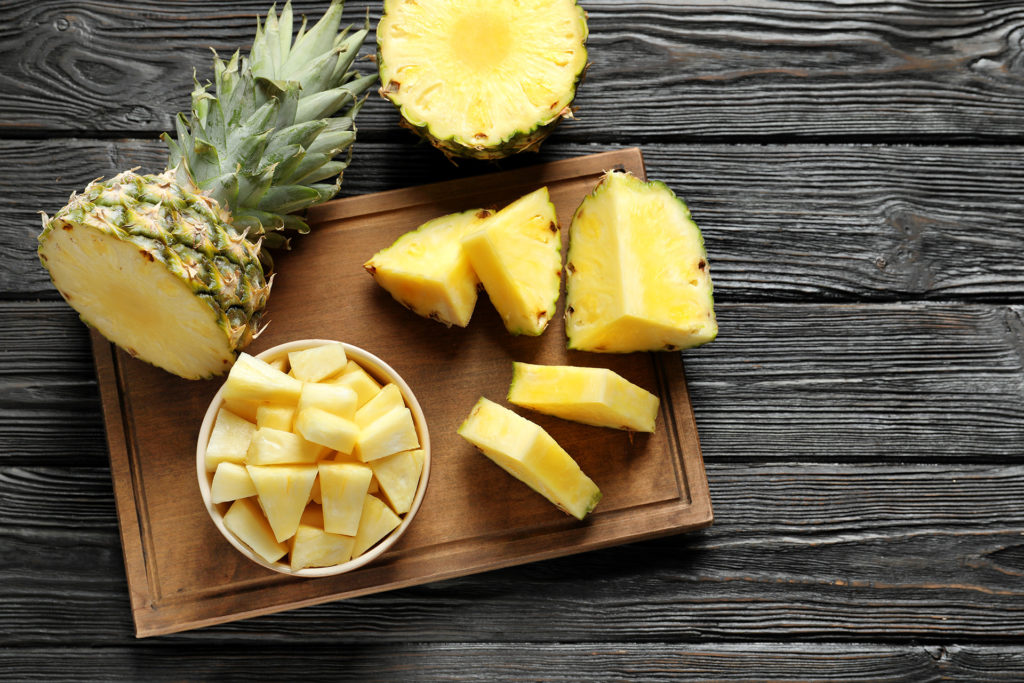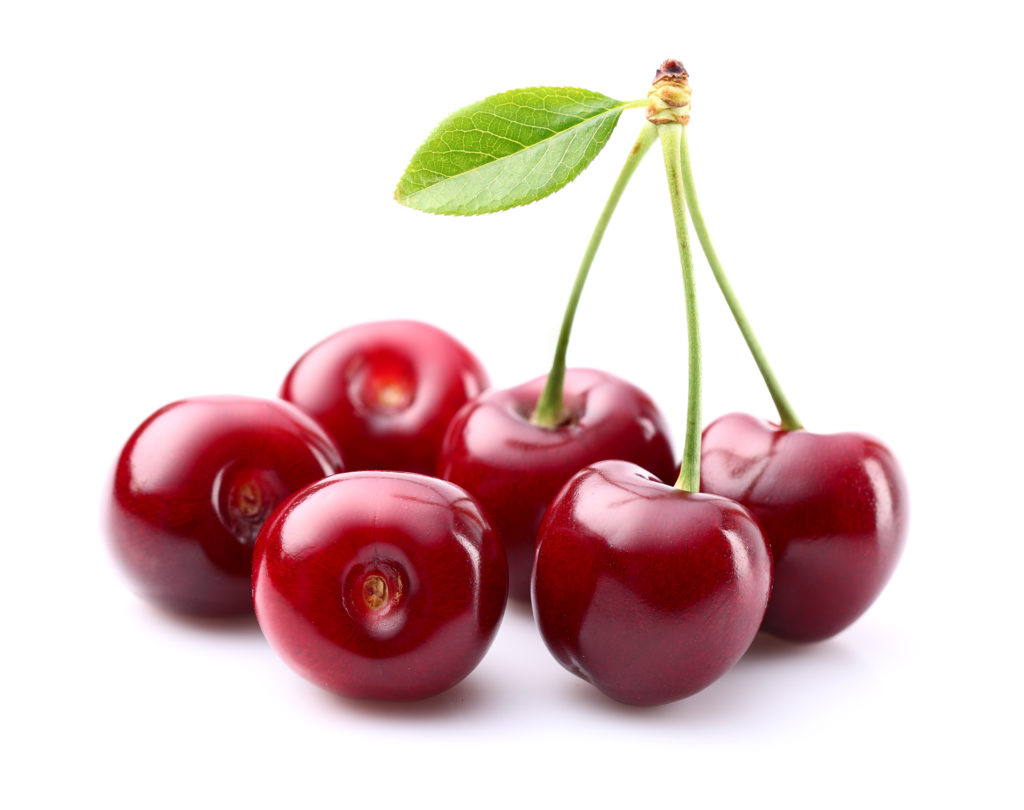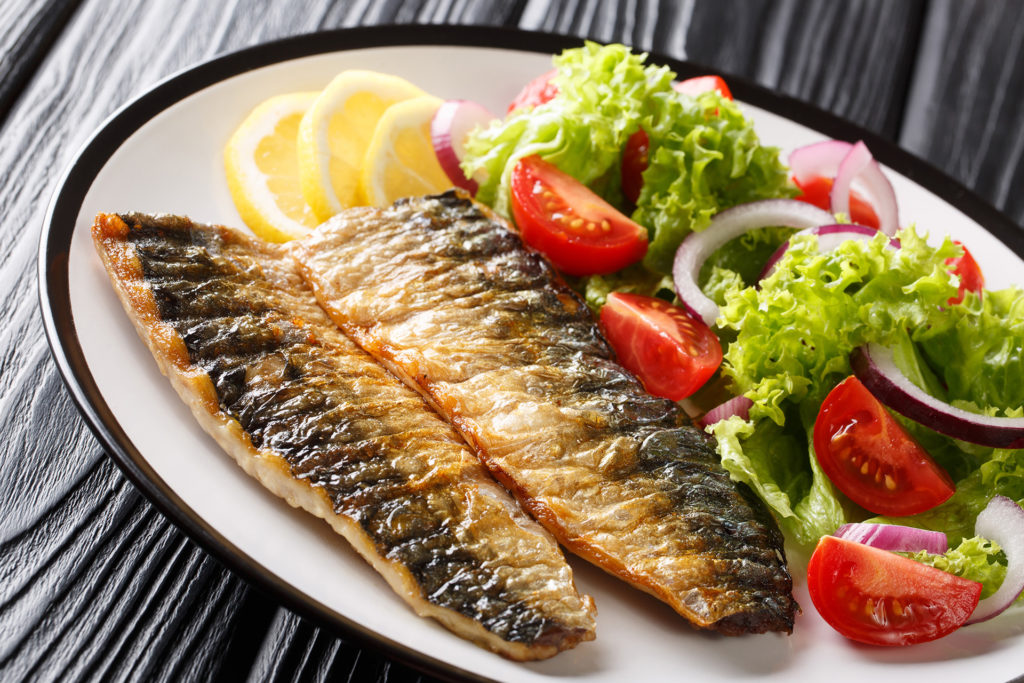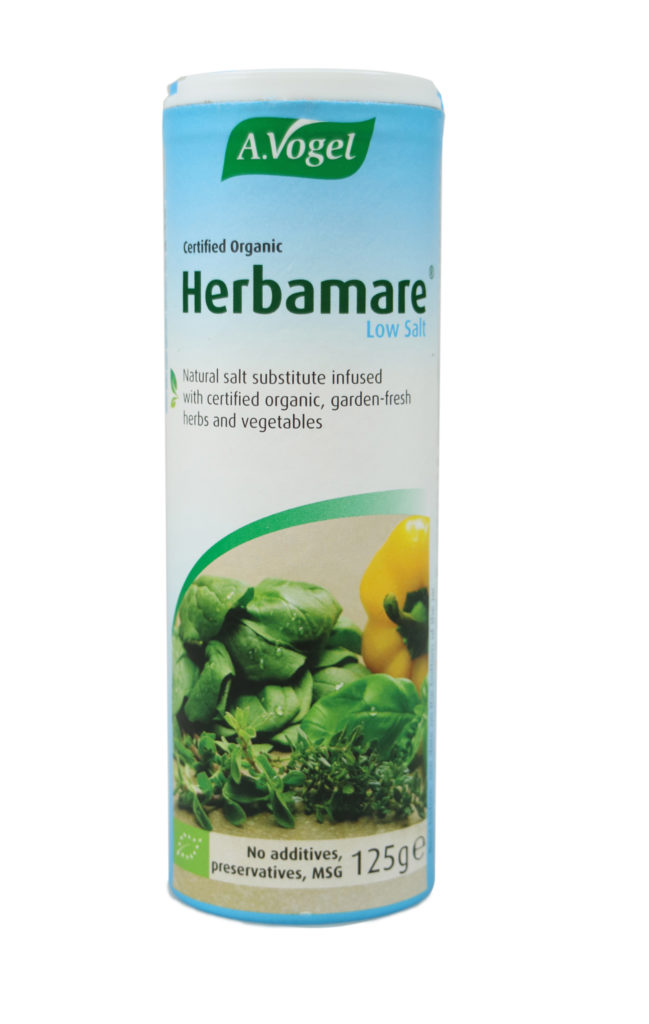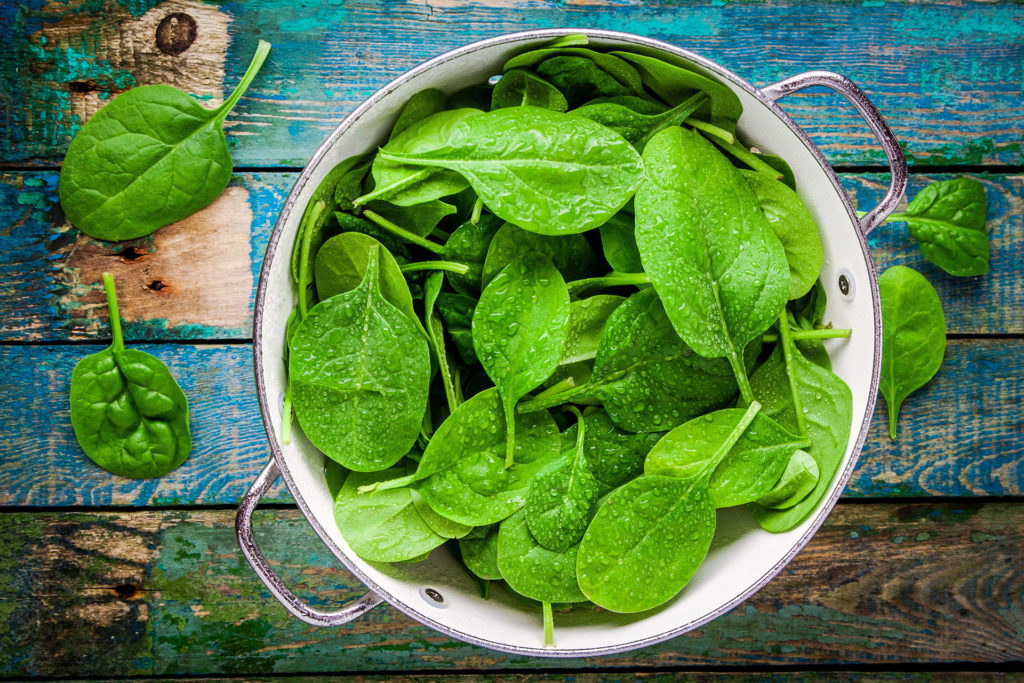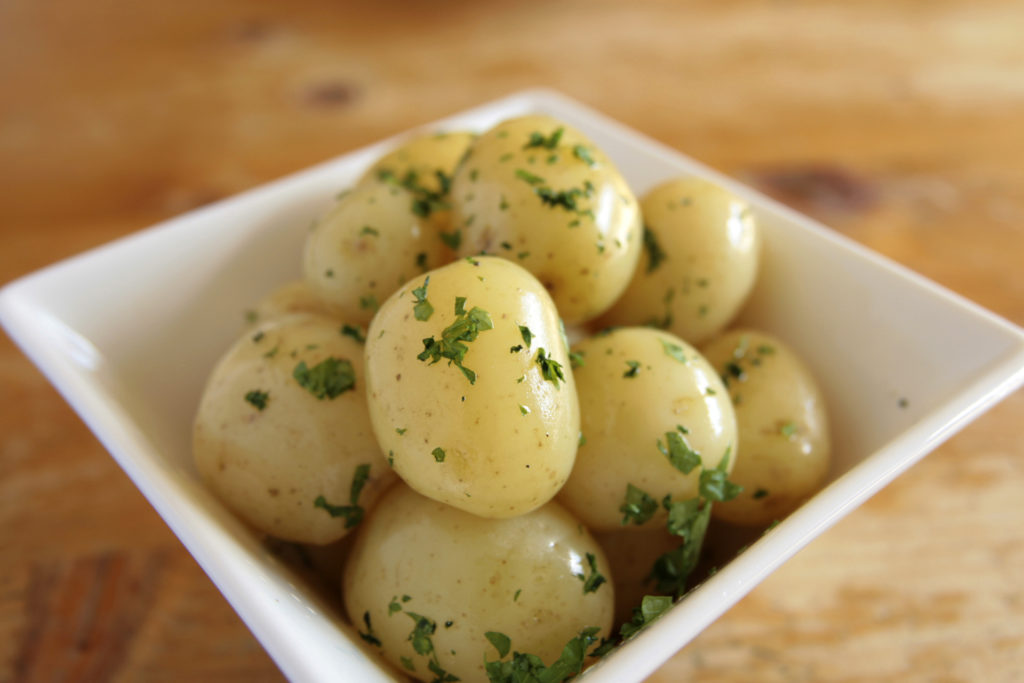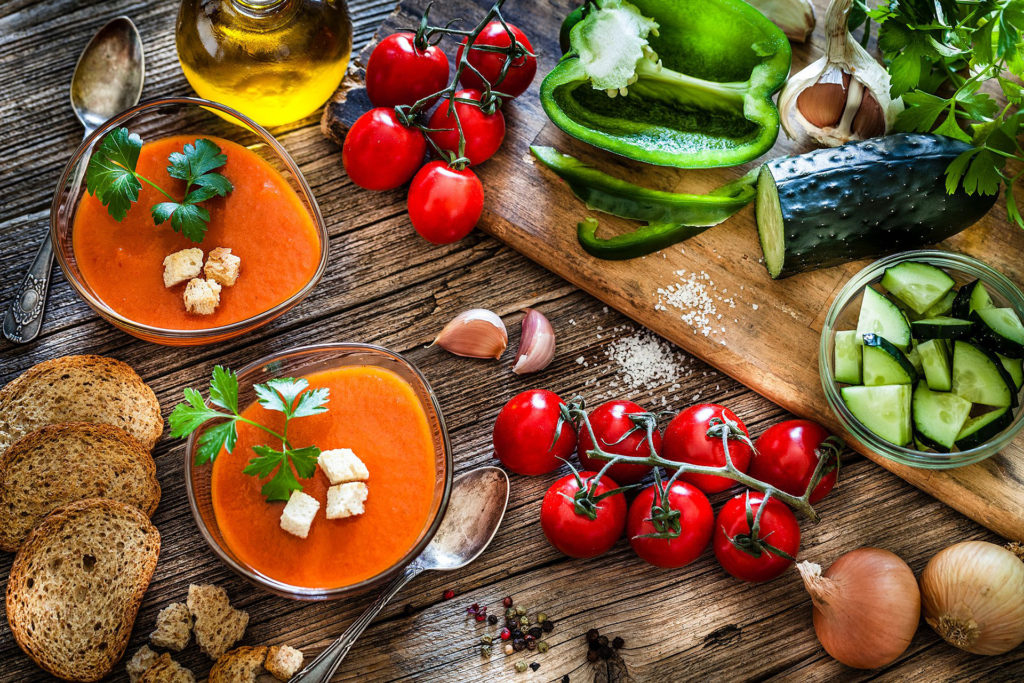Summer’s Super Foods! Yummy And So Good For You
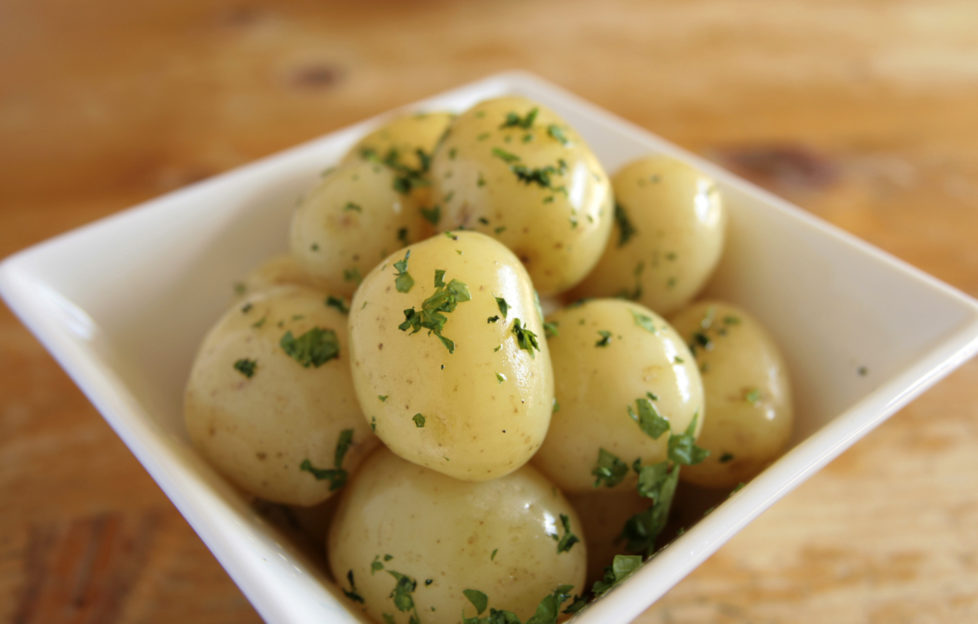
Enjoying fresh, seasonal produce is a deliciously healthy way to eat, especially over the summer months.
“Those of us lucky enough to grow our own fruit and vegetables know the delight of tasting a freshly picked tomato or apple, warm from the summer sun,” says A.Vogel’s nutritional therapist Alison Cullen. “The less time that passes between harvest and plate, the more flavour and nutritional value food has to offer us.”
However, seasonal eating isn’t only about better taste and more nourishment. “Mother Nature has given many seasonal foods a purpose in terms of protecting our health,” explains registered nutritionist Rob Hobson. “By eating with the seasons, you may be able to defend against certain illnesses or relieve existing conditions.”
Save Your Skin
“Summer fruits and berries are rich in nutrients such as vitamin C, which helps repair damaged skin cells,” reveals Rob Hobson, head of nutrition at wellness brand Healthspan. “And tomatoes contain lycopene, which studies have shown may help to protect the skin against UV damage.”
But no matter how many strawberries or tomatoes you eat, you still have to protect your skin from the sun. “If you’re planning to be outside and the UV forecast is higher than three, you should make use of shade, protective clothing and high protection sunscreen,” advises Professor Brian Diffey of the British Association of Dermatologists.
Sleep Tight
If you’re finding it difficult to fall asleep in the hot weather, choose summer fruits which are rich in the sleep hormone melatonin, such as bananas, oranges, pineapples and cherries.
Take Care of Your Heart
During summer, there’s an abundance of fresh foods which are good for your heart. “Oily fish such as mackerel and salmon are rich in omega 3 fatty acids, essential fats that help to protect the heart by reducing potentially-damaging LDL cholesterol levels and inflammation,” says Rob Hobson.
“Apples and plums reach perfection towards the end of the summer and contain a soluble fibre called pectin which has been shown to help reduce LDL cholesterol,” he continues. “This is also a good time for dark purple blackberries, which are rich in the flavonoids that have been shown to help reduce the risk of heart disease.”
Achieve the recommended five-a-day target by featuring locally-grown or home-grown summer vegetables in as many meals as possible. Add a healthier dash of seasoning to your veg with A.Vogel Herbamare® Seasoning Salt (£5.85), a low-sodium combination of sea salt, organically-grown vegetables and iodine-rich kelp.
Boost Your Energy
Beetroot, blueberries, blackcurrants, spinach and watercress are all good sources of iron, which can help boost flagging energy levels. “You can also support your body’s ability to store iron and boost fat metabolism by eating onions and radishes,” reveals Alison Cullen, who is A. Vogel’s education manager.
Look After Your Tummy
Treat your digestive system by eating foods which encourage the growth of ‘friendly’ bacteria in the stomach, such as asparagus, artichokes, onions and garlic – and boiled, cooled new potatoes. “As boiled new potatoes cool down, they develop starches that act as probiotics and support the microflora in your gut,” explains Rob Hobson.
If you suffer from IBS, it’s important to avoid the foods which trigger your symptoms. “For most people with IBS,” says Rob Hobson, “many summer seasonal foods should be OK, apart from broccoli, cabbage, cauliflower and maybe melons, apples and citrus fruits.”
To help manage IBS, Rob recommends taking a probiotic supplement containing at least 10 billion lactobacillus and Bifidobacterium strains per dose, such as Healthspan Super20® Pro (£9.95). “Don’t take probiotics with hot foods, hot drinks or alcohol,” warns Rob. “These destroy friendly bacteria before it reaches the gut.”
Alison Cullen’s summer dietary essentials are chicory and watercress. “Both have a tasty bitterness that’s superb for stimulating the digestive system,” says Alison. “They’re also nutrient-rich and easy on the waistline.”
Lift Your Mood
Suffering from the summertime blues? “Stress and anxiety drain the body of magnesium and B vitamins – the nutrients that help maintain a healthy nervous system,” says Rob Hobson.
Top up your levels with summer foods that are rich in magnesium (spinach, artichokes and potatoes) and packed with B vitamins, such as salmon, avocados and, once again, potatoes.
Have A Souper Summer!
Make the most of summer vegetables with this simple, tasty soup.
Spicy Lentil and Watercress Soup
Serves 2
- Put 50g red split lentils, 1 small chopped onion, 1 small chopped carrot and 600ml stock — made with Herbamare® Bouillon (£7.30) or similar – into a saucepan.
- Add 1 bay leaf, ½ tsp of mild curry powder, ¼ tsp of dried thyme, a pinch of Herbamare® Seasoning Salt and freshly ground black pepper. Bring to the boil.
- Simmer for 30 minutes, remove the bay leaf and blend. Before serving, add 50g of just-chopped watercress.



